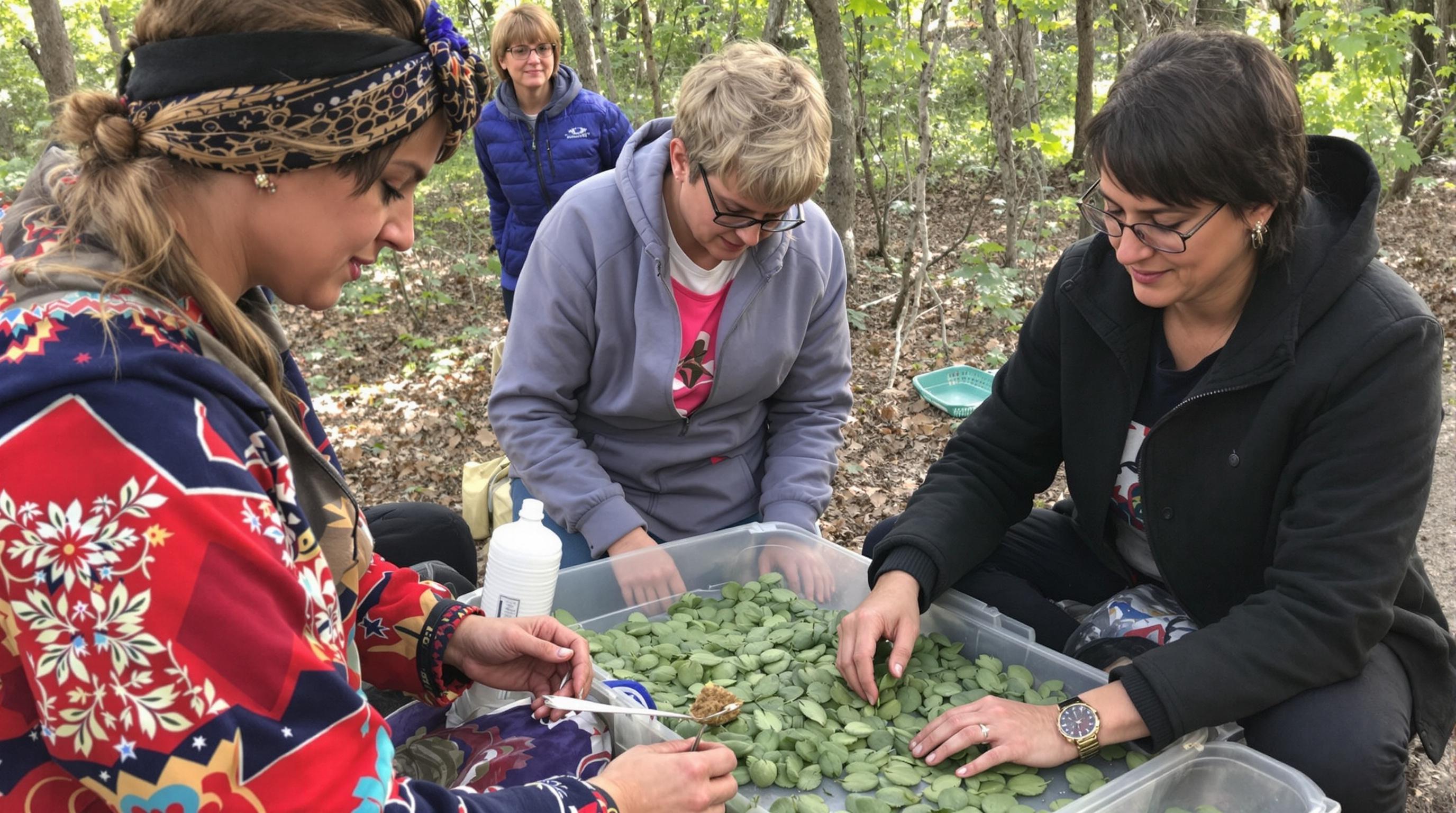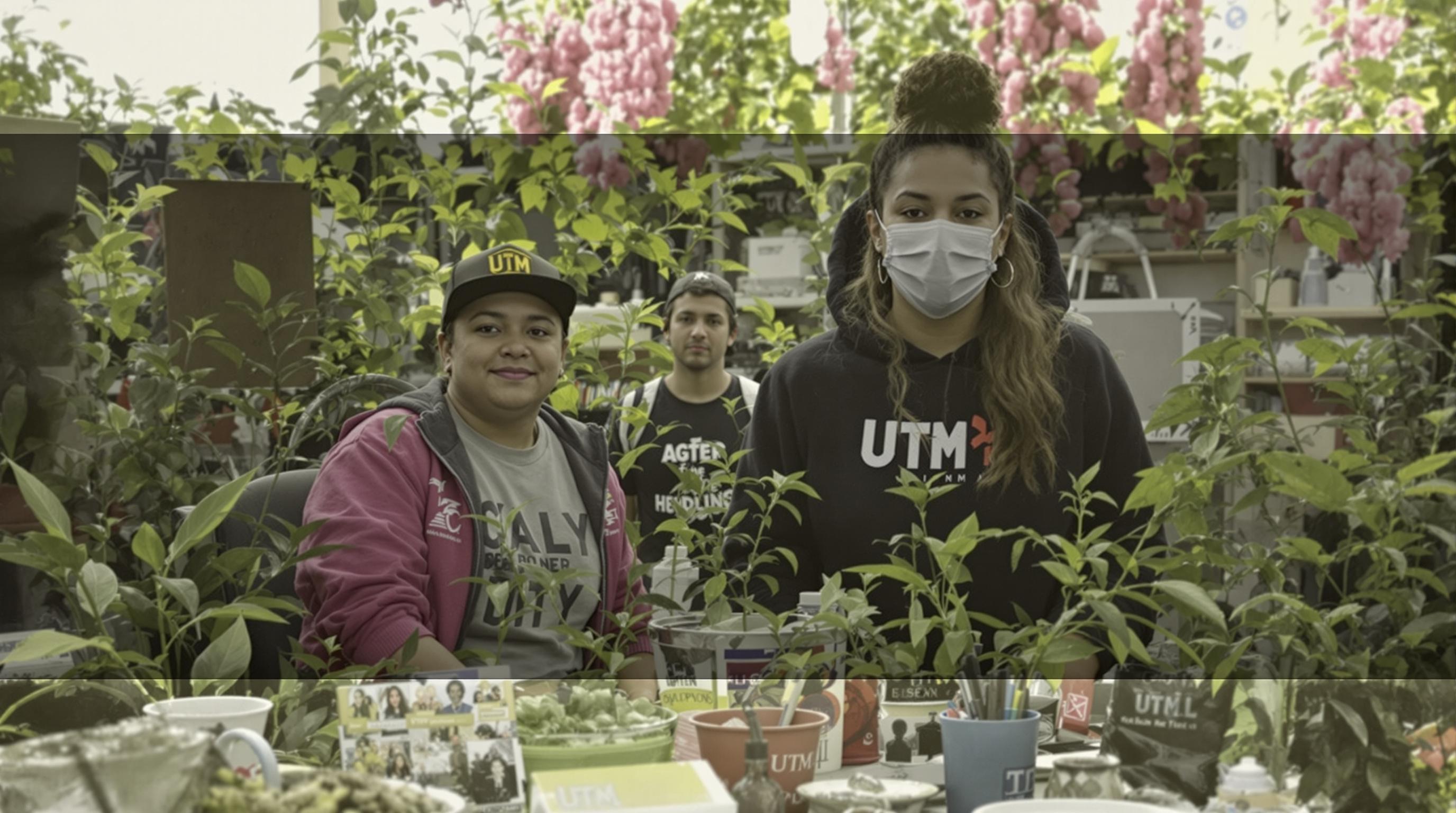Related Articles
- Cultivating Chaos: The Surprising Benefits of Disorder in Sustainable Community Movements
- The Silent Revolution: How Micro-Communities Challenge the Norms of Eco-Conscious Governance
- Rethinking Romance: The Unexpected Impact of Sustainable Love Stories on Community Commitment
- Invisible Workspaces: How the Arrangement of Unseen Elements Shapes Your Daily Workflow and Mental Clarity
- The Hidden Costs of Clutter: How Excess Items in Your Workspace Affect Your Wallet and Well-Being
- Unlocking Creativity: The Unexpected Benefits of Furniture Arrangement on Your Daily Workflow at Home
The Dark Side of Green: Unpacking the Ethical Dilemmas in Community Resource Sharing Networks
The Dark Side of Green: Unpacking the Ethical Dilemmas in Community Resource Sharing Networks
The growing trend of community resource-sharing networks, often hailed as a green solution to urban and ecological challenges, hides a labyrinth of ethical dilemmas. This article explores the complexities lurking beneath the surface, including the unequal distribution of resources, environmental impacts, and the challenges facing marginalized communities.
Understanding Community Resource Sharing Networks
Imagine a neighborhood where every resident has access to tools, books, and internet services without cost, contributing to sustainability and reducing waste. Community resource-sharing networks have taken this dream and turned it into a reality in many places, such as libraries of things and tool lending programs. According to a 2021 report by the Sharing Economy Association, over 44% of Americans have participated in some form of resource sharing, either by sharing their own items or borrowing from others (Sharing Economy Association, 2021).
The Allure of Green Initiatives
Embracing green initiatives is indeed seductive. Who wouldn’t want to be part of an eco-friendly movement? We're often showered with the benefits of sharing—less waste, reduced carbon footprints, and that warm fuzzy feeling from neighborly cooperation. However, while community resource-sharing networks celebrate collaboration, they can inadvertently perpetuate inequity.
Wealth Inequality and Resource Distribution
The promise of resource sharing often skews toward those who already have access to resources, which feeds into existing societal inequities. A case study in Portland, Oregon, highlighted how urban resource-sharing initiatives mostly benefitted wealthier neighborhoods, leaving low-income communities sidelined. According to a report by the Urban Institute, neighborhoods with higher poverty rates were significantly less represented in sharing networks, which raises questions about who gets to share in the 'green' dream (Urban Institute, 2020).
Marginalized Voices: The Overlooked Participants
While sharing networks are often painted as inclusive, many marginalized groups face barriers that inhibit their participation. Language, for instance, can be a substantial barrier. In a study conducted in Los Angeles, researchers discovered that non-English speakers were often unaware of or excluded from sharing programs. Consequently, these individuals miss the chance to participate and benefit from community resources, further entrenching societal divides.
Moreover, communities of color often lack representation in decision-making processes concerning sharing initiatives. It becomes a cycle where those who need resources the most are systematically excluded from their benefits. As more communities adopt sharing networks, it’s essential to actively involve diverse voices to ensure that initiatives serve everyone, not just a privileged few.
Environmental Impact and Misconceptions
On the surface, resource-sharing often touts environmental benefits—after all, sharing reduces production waste. But what of the environmental footprint of the items shared? For example, in a township in South Africa, bicycle-sharing programs were introduced to reduce carbon emissions. Yet, the program's reliance on manufacturing new bicycles ended up negating the environmental benefits it aimed for (World Bank, 2021). The disposal of broken bikes also presented a new challenge, as the local waste management system struggled to handle the influx.
Shiny Concept vs. Reality
In the race to promote green practices and consumerism, the sharing economy can sometimes appear as a shiny new concept; yet, behind it lies a more complex reality. The excitement surrounding trendy sharing apps can lead to a dilution of their original intents. Let's take the case of Airbnb, which started as a community-based accommodation service but has now transformed into a competitive force in many urban housing markets, driving up rents and displacement (Smith, 2020).
So, why do we buy into the narrative? The answer can be traced to marketing blitz surrounding the 'sharable' economy, which paints an idyllic image of community and sustainability but often glosses over grave consequences.
Regulatory Framework: Can Collaboration Be Controlled?
The legal framework governing sharing networks remains ambivalent and often non-existent. This is particularly evident with platforms like Couchsurfing and car-sharing services where local governments struggle to impose regulations. Without a robust regulatory framework, it becomes challenging to ensure fairness and inclusivity. A survey by the Brookings Institution revealed that 59% of returning users favored transparent regulations to protect participants’ rights (Brookings Institution, 2019).
This lack of regulation poses ethical dilemmas. If sharing is to be equitable, how can we establish standards? How do we make sure that the resource-sharing economy doesn’t become just another way for the rich to get richer? These questions require thoughtful answers grounded in community needs.
Community Building: The Promise and Perils
Amid these ethical dilemmas lies the genuine desire to strengthen community ties. The human connection often fostered by sharing networks cannot be understated. Imagine a neighborhood where residents swap cooking ingredients and tools while sharing friendship and support. Yet, the promise of community building can be misused, with exclusive pockets of connection forming based on social status or property ownership. Operating without consideration for inclusivity can lead to exclusivity, which subverts the original intentions of having a truly communal space.
Solutions: Reimagining the Network
One way forward is to invest in awareness campaigns that educate underrepresented communities about available resources. Additionally, training programs should empower less privileged individuals to take active roles in decision-making within sharing networks. Building alliances with local nonprofits and cultural organizations can also address the reluctance of marginalized communities to engage in these programs due to past exclusion. Afinally, conducting regular assessments of community needs can aid in tailoring services effectively to ensure inclusivity and fair access.
The Role of Technology
Technology is both a double-edged sword and an opportunity. It can either exacerbate divisions or help level the playing field. While some apps can perpetuate inequality, others strive for ethical sharing solutions. Consider, for instance, platforms like OLIO, designed explicitly to tackle food waste by allowing neighbors to exchange surplus food, thus ensuring everyone has access to essentials (Olio, 2022). These platforms incorporate user feedback, holding a mirror to biases and advocating for equity.
A Call to Action: What Can You Do?
As consumers and participants in resource-sharing networks, you have the agency to drive change. Advocate for equity in your local programs, support inclusivity initiatives, and demand transparency. Each time someone shares an item, there’s a chance to uplift rather than inadvertently segregate. You are not just a user; you are a participant in a movement that requires care, understanding, and active engagement.
If more individuals take a stand and confront the darker side of green initiatives, we may witness a paradigm shift in how communities leverage shared resources—one that benefits everyone, especially those who need it the most.
Tales from the Trenches
No discussion about resource sharing would be complete without real-life stories illustrating these principles. Meet Jessica, a community organizer in her late 40s, who launched a tool-library project in her low-income neighborhood. Jess noticed that while tools were available, the high cost of ownership prevented families from accessing them. However, she faced significant resistance from residents who felt that their needs were prioritized elsewhere.
Through relentless communication and outreach, she involved local businesses, ensuring equal participation whether you had a job or not. “The change is tangible,” she notes, “When everyone can participate, we see a sharp rise in community pride.” Her story exemplifies how individual commitment can begin to dissolve exclusivity within resource-sharing networks, even amidst inevitable challenges.
Conclusion: Navigating Ethical Dilemmas in Sharing Economy
The complexities associated with community resource-sharing networks cannot be ignored. While they hold the promise of sustainability and cooperation, they must be approached with caution to avoid becoming vehicles for further inequality. Balancing the allure of “green” initiatives with ethical considerations is paramount for ensuring that these systems serve their intended purpose. By shedding light on the dark side of green, we can hope to navigate these ethical dilemmas and create a more inclusive future.
As we embrace resource sharing, let us be vigilant in advocating for inclusivity, transparency, and responsible practices. With concerted efforts and a community-driven approach, we can make the dream of equitable sharing a reality.





